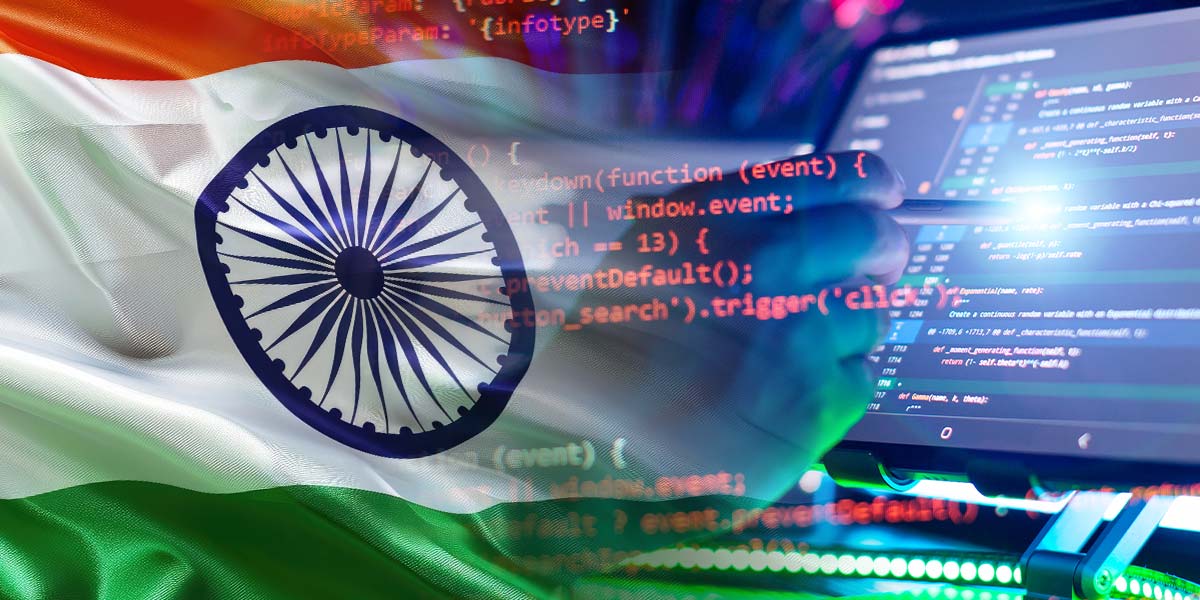India’s top government officials have recently intensified their endorsement of domestic technology alternatives to global giants, stepping up the nation’s drive for “Made in India” products as trade friction with the United States deepens.
Following Washington’s imposition of a 50% tariff on Indian imports last August, Prime Minister Narendra Modi has prominently advocated for the adoption of “swadeshi”—locally made—goods, echoing a direct appeal he delivered last month urging citizens to reduce their reliance on foreign brands.
Information Technology Minister Ashwini Vaishnaw, in a recent media event, showcased highway project plans using Zoho, a homegrown alternative to Microsoft’s PowerPoint, and MapmyIndia instead of Google Maps, underscoring his preference for Indian technology.
Despite the nationwide push, American technology remains deeply embedded in Indian daily life. Microsoft, Google, and Meta platforms are integral to both public and private sectors, with WhatsApp alone commanding over 500 million users in the country.
Nonetheless, efforts to promote Indian startups are gaining traction. Zoho, which offers cost-efficient cloud tools, has seen a surge in recognition, partly attributed to its founder Sridhar Vembu’s focus on rural-based operations.
Arattai’s downloads soared to over 400,000 last month, up sharply from fewer than 10,000 in August, with active daily users doubling to more than 100,000 by September 26, data from Sensor Tower revealed.
However, the uphill battle for local players to supplant entrenched global brands persists. Limited resources and global scale mean Indian rivals often struggle to compete with their international counterparts.
As seen in the fate of Koo—a local alternative to X, formerly Twitter—which shuttered last year due to funding woes after brief government support, success requires more than public endorsements.





